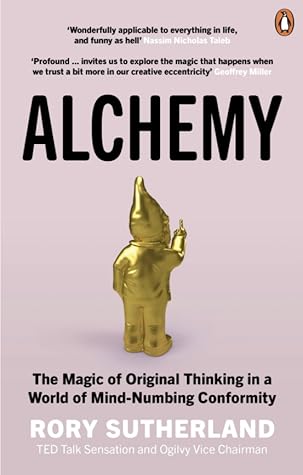I once examined a breakdown of what my local taxes are spent on: it seemed that I paid £25 per year for weekly refuse collection – reframing this as 50p per week, I was struck by what good value it was. For less than the cost of a stamp, someone would come to my house and remove and dispose of several bags of refuse; suddenly the council seemed more impressive than they had before. One problem with governments is that they generally hate hypothecation, the system whereby taxes are ring-fenced and spent on a pre-defined area of activity. Instead, taxation tends to go into one pot, before being
I once examined a breakdown of what my local taxes are spent on: it seemed that I paid £25 per year for weekly refuse collection – reframing this as 50p per week, I was struck by what good value it was. For less than the cost of a stamp, someone would come to my house and remove and dispose of several bags of refuse; suddenly the council seemed more impressive than they had before. One problem with governments is that they generally hate hypothecation, the system whereby taxes are ring-fenced and spent on a pre-defined area of activity. Instead, taxation tends to go into one pot, before being spent wherever it is needed. As a result, we end up resenting taxation more than expenditure that goes towards something we can see, feel or even imagine. By contrast, consider for a second the success of private organisations in securing philanthropic donations when they can offer the donor something in return – even something as trivial as naming rights to a building. The taxation we give to the government doesn’t provide us with the opportunity to create a narrative that might make us happy about what we pay. Taxes, like parking fines, are seen as wholly bad, but a little alchemy could solve this problem quite easily. In ancient Rome, wealth taxes were levied to fund military campaigns or public works, and since the names of the people who paid them were displayed on a monument, with the money dedicated to a specific end, rich people were happy to pay, with those initially deemed t...
...more
This highlight has been truncated due to consecutive passage length restrictions.


